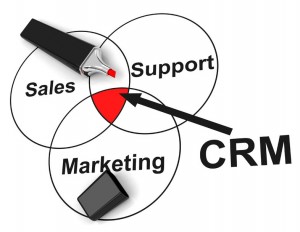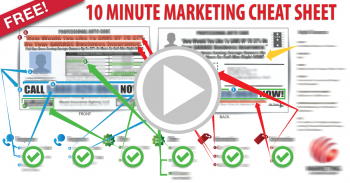- You are here:
- Home »
- Blog »
- Business »
- Getting Started with CRM
Getting Started with CRM
 If you are an entrepreneur who is not currently using customer relationship management (CRM) software, you will be soon. Why? Because it saves you time and boosts your profits.
If you are an entrepreneur who is not currently using customer relationship management (CRM) software, you will be soon. Why? Because it saves you time and boosts your profits.
I am an expert on small business growth. My work with individual clients, and with groups, helps them become millionaires. Think about it—wouldn’t you like to make more money, and do more of what you love? At the same time, you can do less of what you don’t want to do. That could be done by someone—or something—else.
We talked last time about the different types of data and how data helps your business. But how do you manage your data in a meaningful way? That is where CRM comes in.
Learning about CRM is one of the first steps I recommend to my clients. Many small businesses get by initially by using a spreadsheet and an email list. Grow a bit, bring on a sales representative, or start getting some traction in the market, and you’ll find that keeping track of things on paper is not so easy.
Plus—storing dates, details, and customers is not the same thing as nurturing leads, activating your sales funnel, or engaging established customers.
Your CRM: What can it do for you?
In the last decade, the business of marketing has changed. While marketing used to be placing general ads, sending out brochures, and a hit or miss approach, personalization is the name of the game today. The better you capture individual consumer practices and preferences, the better able you are to meet client needs. How?
Your CRM software can handle a great deal of the labor that used to take marketing personnel many hours. From keeping track of important contact and sales information, to creating a dynamic web experience for new visitors to your website, CRM packages capture, store, and infuse your sales strategy with the information you need for leads to become conversions.
Here are some key capabilities of CRM software:
- Improve the view: With the move toward personalization, and a unique customer experience, one objective of CRM is a 360-degree client view. Because you no longer waste money on print ads, expensive brochures sent to a stale mailing list, or cold calls to uninterested consumers, the customer journey now takes center stage. When you use CRM software, you create customer profiles that allow you to segment your client base. Segmenting lets you create marketing plans for different client groups. CRM allows you to identify premium customers that pay more for the service, or product, you offer. Define those leads—or that portion of your customer base—and you have taken a first step to cultivating, capturing, and nurturing repeat business from high-margin clients.
- Keep clients on board: Customer retention is important. Spend less time creating new sales by maintaining your client base. Regular clients are more likely to buy more of your product line—and need less discount incentive to do so. Upselling is also easier with an established, satisfied customer. CRM software identifies those important clients, helps you schedule routine follow-up, and personalizes your relationship by noting important dates to send a card, gift, or discount offer.
- Targeting: Increase your revenue by ramping up your marketing strategy. By collecting data and creating focused campaigns, you push your sales message to leads, and customers, to sell your products and services. Your CRM software strengthens overall customer service since marketing and sales personnel have access to the same, fresh data. CRM software contributes to better service, higher standards, less intensive sales needs, and dynamic, focused sales campaigns. What’s not to like?
Can you take personalization too far?
Storing and using personal data can help you offer better value on a more personal basis, but be aware of some common errors using personal information:
- While most people appreciate the personalized touch, some people are concerned with privacy issues. Align your personalization with the relationship you have with each customer. Even if you have the information, resist the urge to walk up to a stranger in your store and greet them by name—unless they registered with your brand beforehand.
- Be careful of collecting information related to health, medical, or other concerns. Personalization could lead to large, hurtful blunders that could cost you a customer, and a black-eye, on social media.
- Use your data wisely. Personalized targeting works when it is appropriate, like when a potential customer is clearly investigating your website, and makes return visits. Consider this scenario—a person registers to download one whitepaper. They immediately receive one email, followed by scheduled, clearly canned emails that increase the intensity of their call to action with each email. They also receive unsolicited tip emails for which they did not sign up. Sound like good use of personalization? No thanks!
When you have questions about aligning your marketing data, business processes, and CRM software to boost your revenue, I hope you will call me at 585-633-7563.
Yours in profit,
Bob Britton



